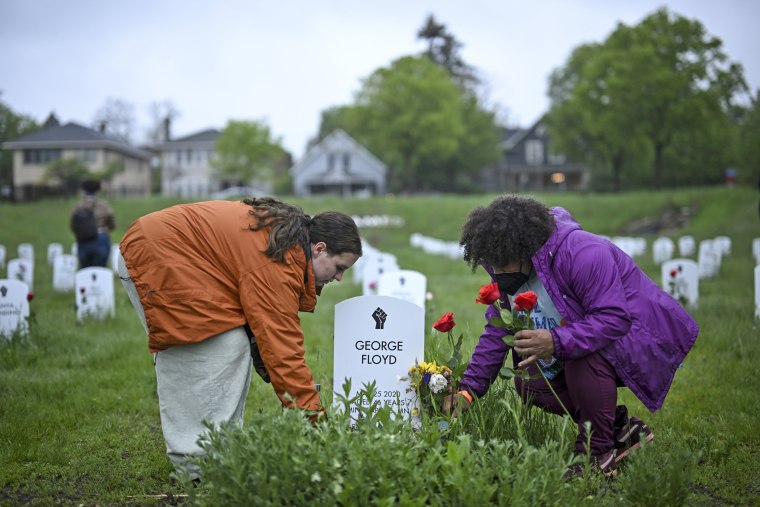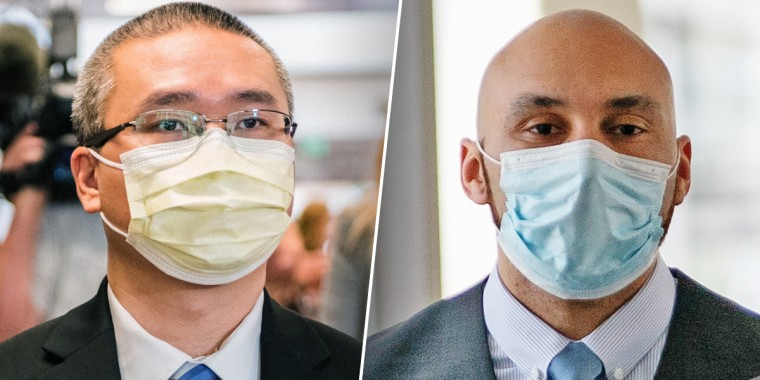MINNEAPOLIS — The judge overseeing the remaining case of two former Minneapolis police officers charged in George Floyd’s killing ordered Monday that the trial be delayed until January to improve prospects for a fair trial.
Tou Thao and J. Alexander Kueng had been due to go on trial next Monday on charges of aiding and abetting second-degree murder and second-degree manslaughter in the May 2020 death of Floyd. But Hennepin County Judge Peter Cahill on Monday ordered that trial be delayed until Jan. 5.
Cahill denied a defense motion for a change of venue due to the extensive pretrial publicity surrounding the case. But he said media reports and recent events surrounding connected cases have created “a reasonable likelihood of an unfair trial” if it were to begin next week.
Cahill cited the May 18 guilty plea by Thao and Keung’s co-defendant, former Officer Thomas Lane. He also cited the convictions of Thao, Kueng and Lane on federal civil rights charges in a separate trial in federal court in February.
The judge said those two events and the publicity surrounding them could make it difficult for jurors to presume that Thao and Kueng are innocent of the state charges against them. So, he ordered the seven-month delay to diminish the effects of that publicity.

Cahill also presided over last year’s trial of former officer Derek Chauvin, which ended in a conviction for second-degree murder and a 22½-year sentence for the white officer who knelt on the Black man’s neck for 9½ minutes despite Floyd’s fading pleas of “I can’t breathe.” The killing led to protests worldwide and a national reckoning on racial injustice.
